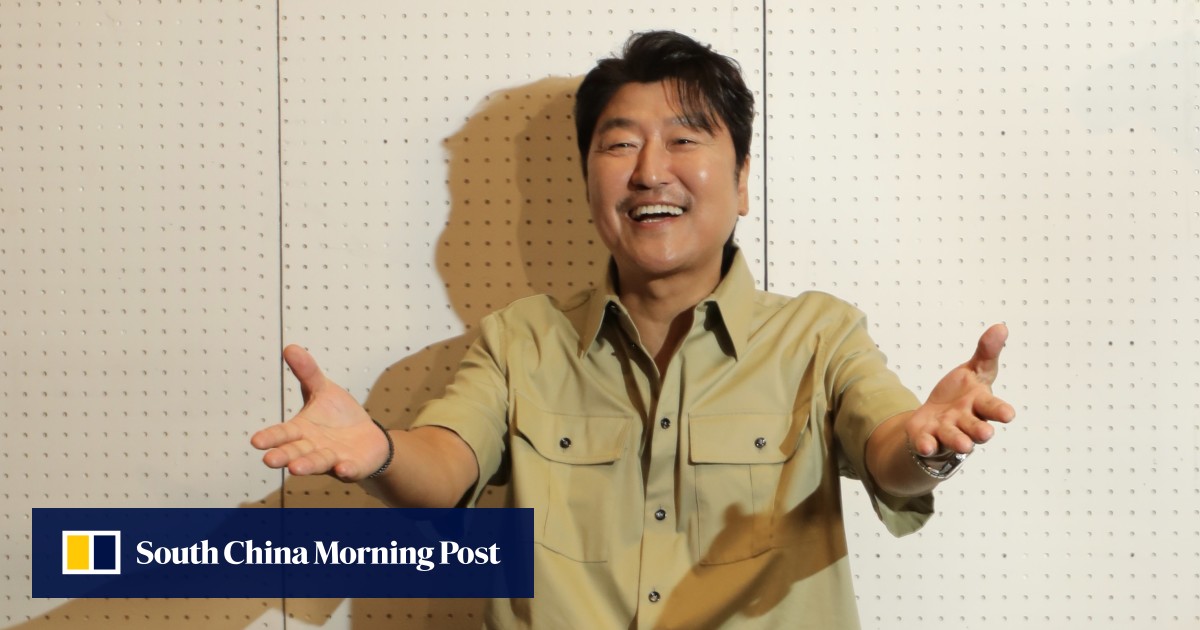In the film, directed by Kim Jee-woon, Song plays Kim Yeol, a director from the 1970s who is haunted by the desire to reshoot the final part of his film.
Song Kang-ho’s best movies: Parasite, Memories of Murder, and more
Song Kang-ho’s best movies: Parasite, Memories of Murder, and more
Convinced that he can make a masterpiece with a new ending, the protagonist sets out on a misadventure in which he juggles actors’ complaints, government censorship and pressure from the production company to complete the film.
“It is a black comedy film that has humorous undertones,” Song says. “Director Kim’s comedy is so unique.
“Rather than making the audience laugh out loud, it makes them giggle. The scenes people find funny differ for each person.”
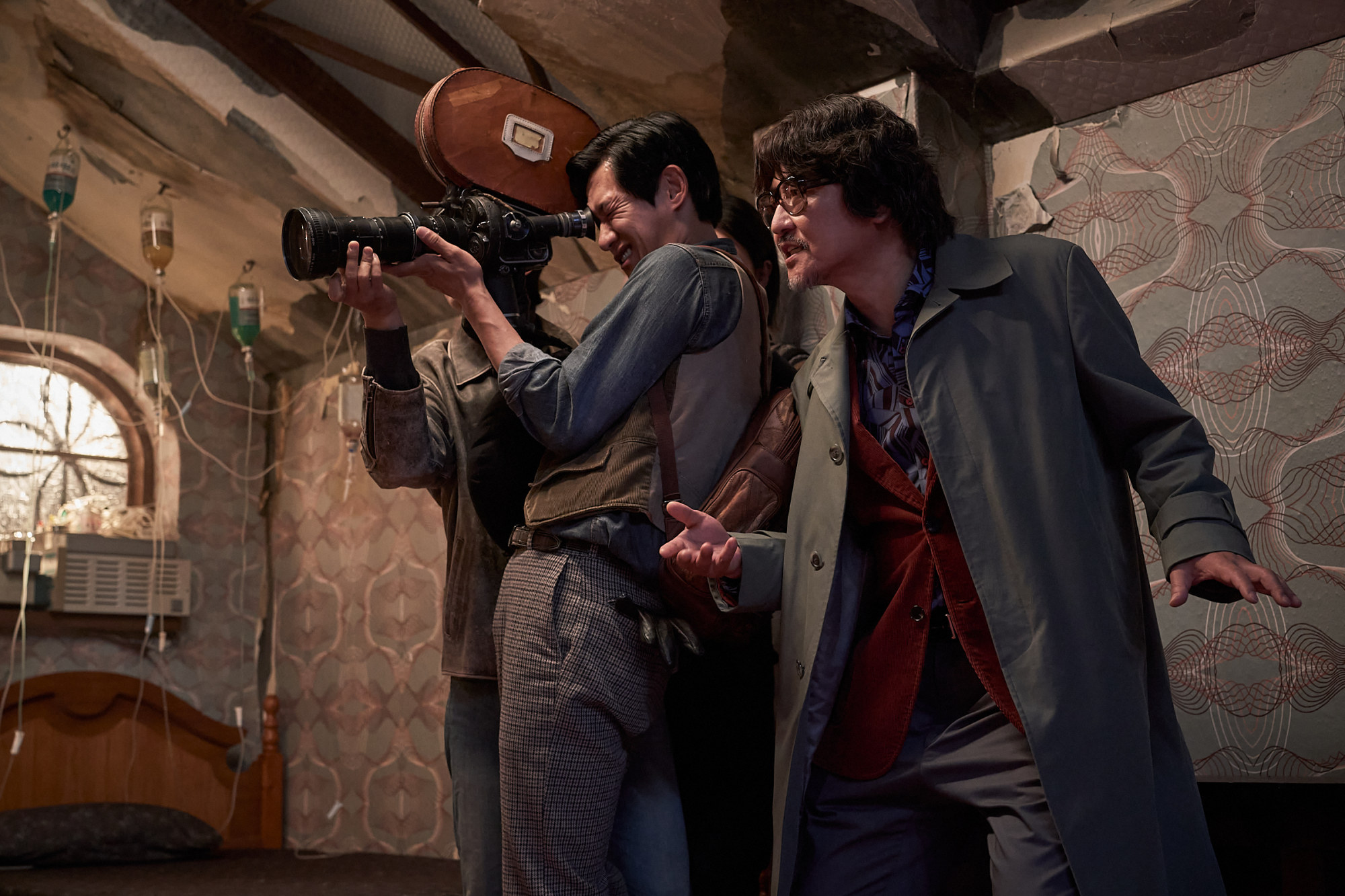
Song, 56, says that he found it tricky portraying a character from the 1970s.
“Crafting my character’s arc and mastering the 1970s-era way of speaking required substantial work, but the hardest thing was making the film believable to the audience who are not familiar with the 1970s social atmosphere.”
I always try to find a way to surprise the audience and go beyond their expectations
Song also reveals that he has watched a lot of old movies from the 1950s to 1970s.
“Many of the older films have low picture quality compared to modern ones. Nonetheless, they reflect the period in which they were filmed,” he says, adding that his favourite Korean classic is the 1961 film Aimless Bullet.
Directed by Yu Hyun-mok, Aimless Bullet is considered one of the big three films of post-Korean war (1950-53) Korean cinema, alongside Shin Sang-ok’s My Mother and Her Guest (1961) and Kim Ki-young’s The Housemaid (1960).
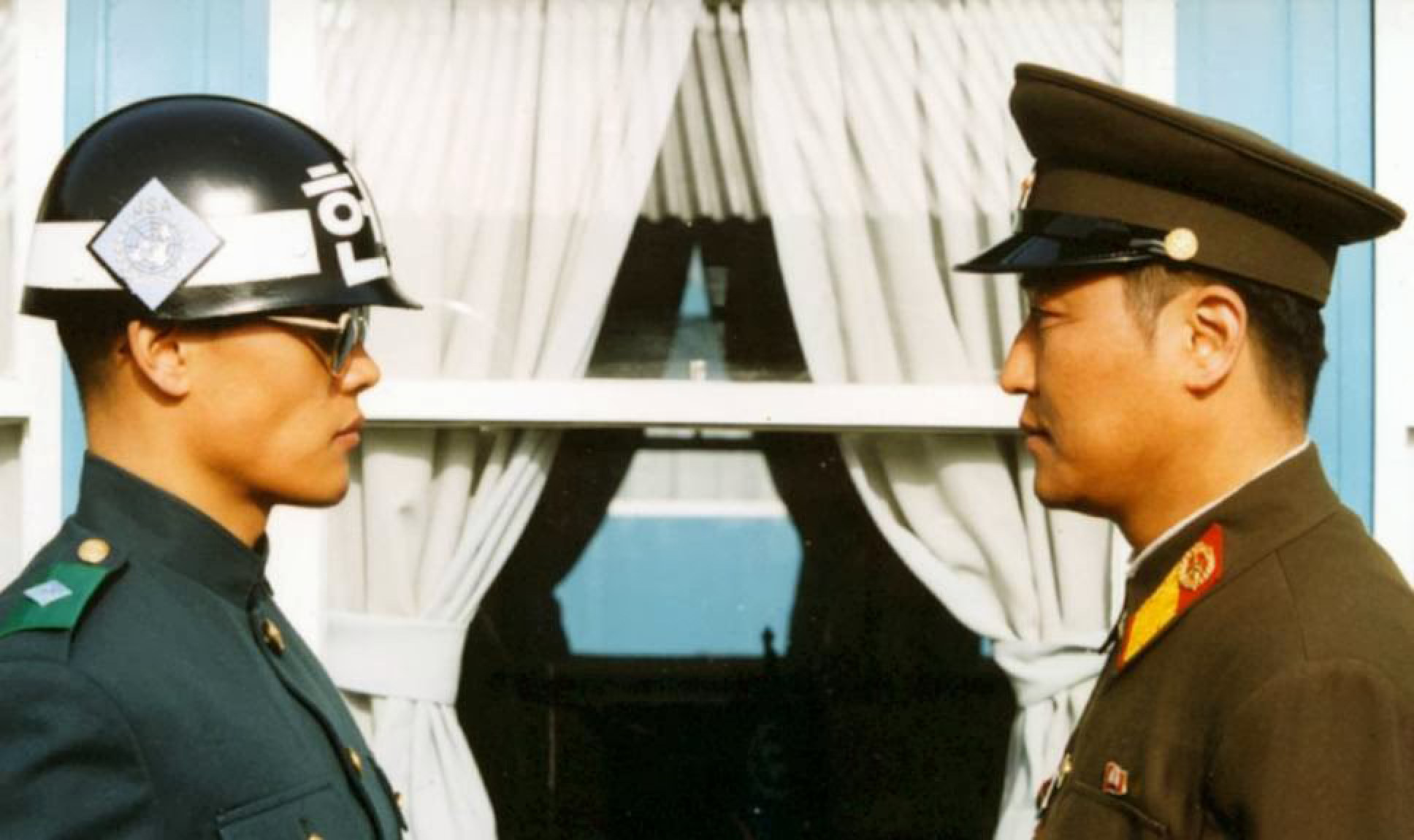
It is seen as having driven the development of Korean cinematic realism.
“Kim’s darkly comic films are unlike any movies being made today,” Song says. “His films all have plenty of quirky and hilarious scenes. He has essentially created his own style and genre.”
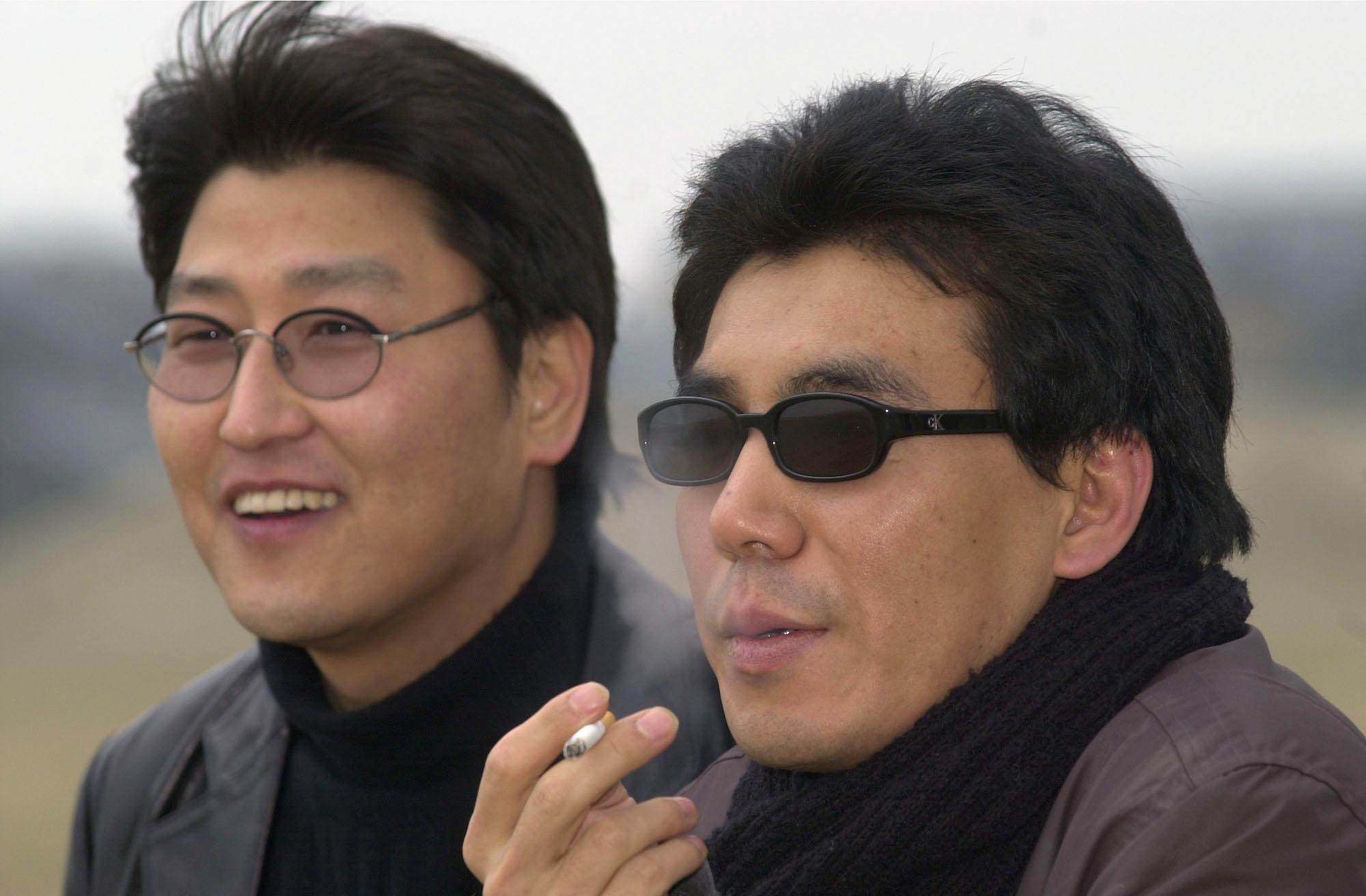
“Each of them has a different creative vision, but the way they treat actors with respect and their passion for cinema are the same. I would say the biggest difference is their weight – director Bong is the heaviest,” Song says with a laugh.
The 10 most famous K-drama actors of all time, ranked – including Hyun Bin
The 10 most famous K-drama actors of all time, ranked – including Hyun Bin
Referring to films as “an intense study of human nature and society”, he says: “Movies are a mirror of our society. They have the power to transcend boundaries of nationality. That’s why my movies were able to get more attention from overseas.”
Song began his career as a stage actor and made his film debut in the 1996 production The Day a Pig fell into the Well, the directorial debut of Hong Sang-soo. The veteran actor has been a screen fixture in Korea for nearly three decades.
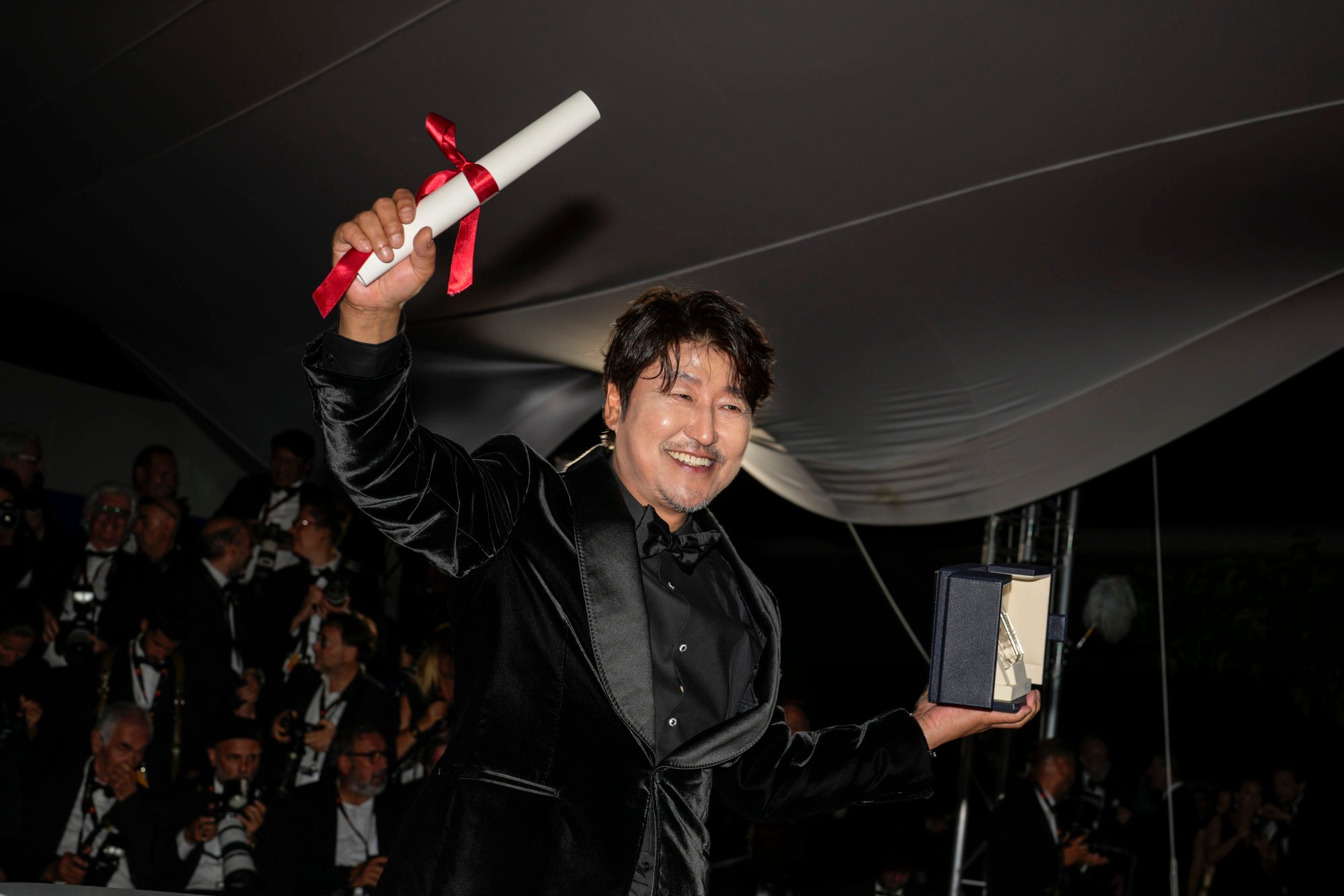
“A lot of young actors come to me for acting advice,” says Song. “Personally, I always try to find a way to surprise the audience and go beyond their expectations.
“People come to cinemas and feel all kinds of emotions watching actors’ performances. However, they are most deeply moved and surprised when actors don’t play the predictable way.”

In spite of his success in front of the camera, Song shows little desire to try his hand at directing.
“I have been asked to direct since 20 years ago, but I don’t think I have the talent to be a director,” he says. “A director has to have a clear vision and talent. I’d rather concentrate on my career as an actor.”
Actor Chow Yun-fat says making ‘Hong Kong-spirited’ films challenging due to curbs
Actor Chow Yun-fat says making ‘Hong Kong-spirited’ films challenging due to curbs
“Korean actors and filmmakers, including myself, felt a sense of hope witnessing the golden age of Hong Kong cinema in the 1980s and 1990s. Writers and artists have worked hard in the last three decades to nurture Korean cinema. The success didn’t happen overnight,” he says.
Song attributes the booming success of South Korean cultural content to the nation’s dynamic and creative social fabric, which nurtures innovation. “The vibrant, dynamic environment also unleashed the innovative potential of creators,” he says.
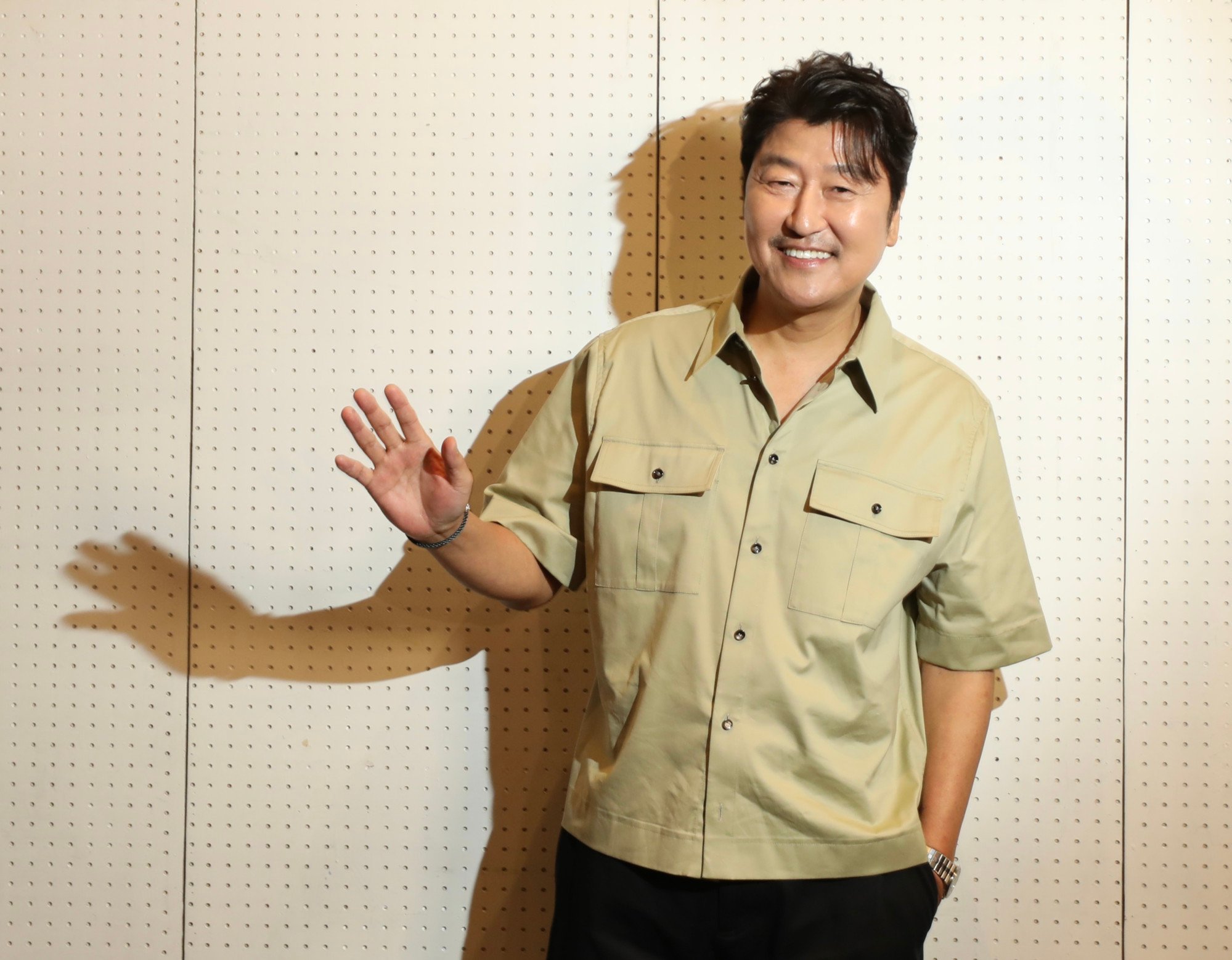
“Until the 1970s, the freedom of expression of an artist was heavily limited by censorship. I don’t remember exactly when, but society became less repressed and more politically free over the years. The social environment became more creative too.”
Of everything that has happened in his career to date, Song says the historic Oscar win for Parasite remains the most shocking event.
“What Parasite brought to me, personally, and Korea’s film industry was a big shock to me,” he says.

